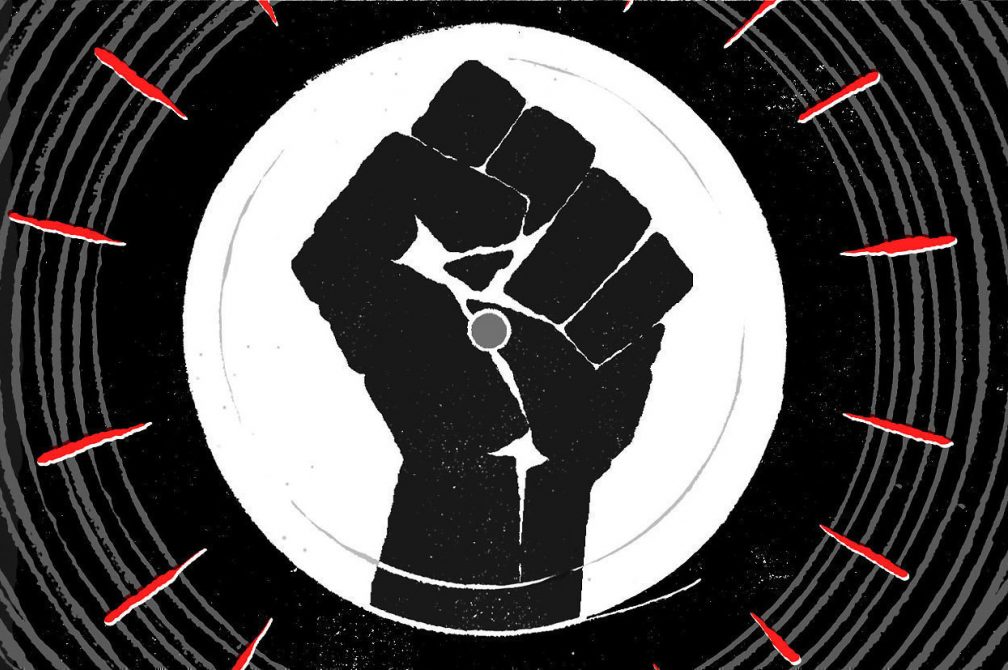 Features
Features
The politics in the productions
Despite the high rolling, celebrity status of dance music in 2015, these artists are proving the scene still has some revolutionary bite
Dance music culture was forged in the crucible of socio-politico struggle, with the club acting as an inclusionary meeting place for outcasts, especially in race or sexuality. But much of that fire has been extinguished by decades of hedonistic escapism; dulled by drugs, celebrity and money, has the music become less the message and more a means to an end?
Long an infamous anti-hero, Seth Troxler recently dissed ketamine culture and became more outspoken about the progressive politics that have been, and should continue to be, inherent to dance music. "I remember growing up and I got into this specifically because it was a way to not be involved with what was going on in the rest of music and society," he told The Independent. "It was my escape. And now that it's become this normality for city types, it just seems wrong and it seems not representative of the culture. The culture that really came out of secret clubs for gays and minorities. Now it's party jams for WASP college kids."
Along with The Martinez Brothers, he's started a label called Tuskegee Music. The imprint is named after the black World War II pilots who trained in Tuskegee, Alabama, and were the first people of colour to be allowed to join the American Air Force. Troxler and The Bros – a black man and two Hispanic New Yorkers – set out to "create a platform to release music of people of ethnicity." Citing the severe lack of diversity they would notice at parties and festivals, they decided to share the opportunity that dance music gave them to escape perpetuated stereotypes. "We're young American minorities and we're looking for artists who share the same ideas," Troxler told Mixmag. "We want to show that minorities don't have to be defined by 'urban' culture. Instead they can be something deeper, more experimental, that goes beyond bling, ho's and negativity. Tuskegee is about bringing a fresh perspective on what it's like to be young, smart, positive, brown and American."
Of course, the stereotypes continue to haunt us. When house iconoclast and fellow Detroit resident Theo Parrish named his last album ' American Intelligence', released in November of 2014, the grand juries had not yet ruled in favour of the white policemen who had killed unarmed black men Michael Brown and Eric Garner. But following the verdicts, it's hard not to interpret the album's title as biting commentary on the systemic, institutionalised racism that still plagues America. The point is driven home with the unsettling track 'Welcome Back', where – set to a dissonant bassline and a crashing beat – Parrish recreates one of the many times he's been pulled over for driving while black. "That's something I've got to teach my son as he gets older," he told Mixmag. "That's a conversation my parents didn't have to have with me. They didn't tell me, 'Be careful son, the police might think you have a gun when you reach for your wallet.'"



